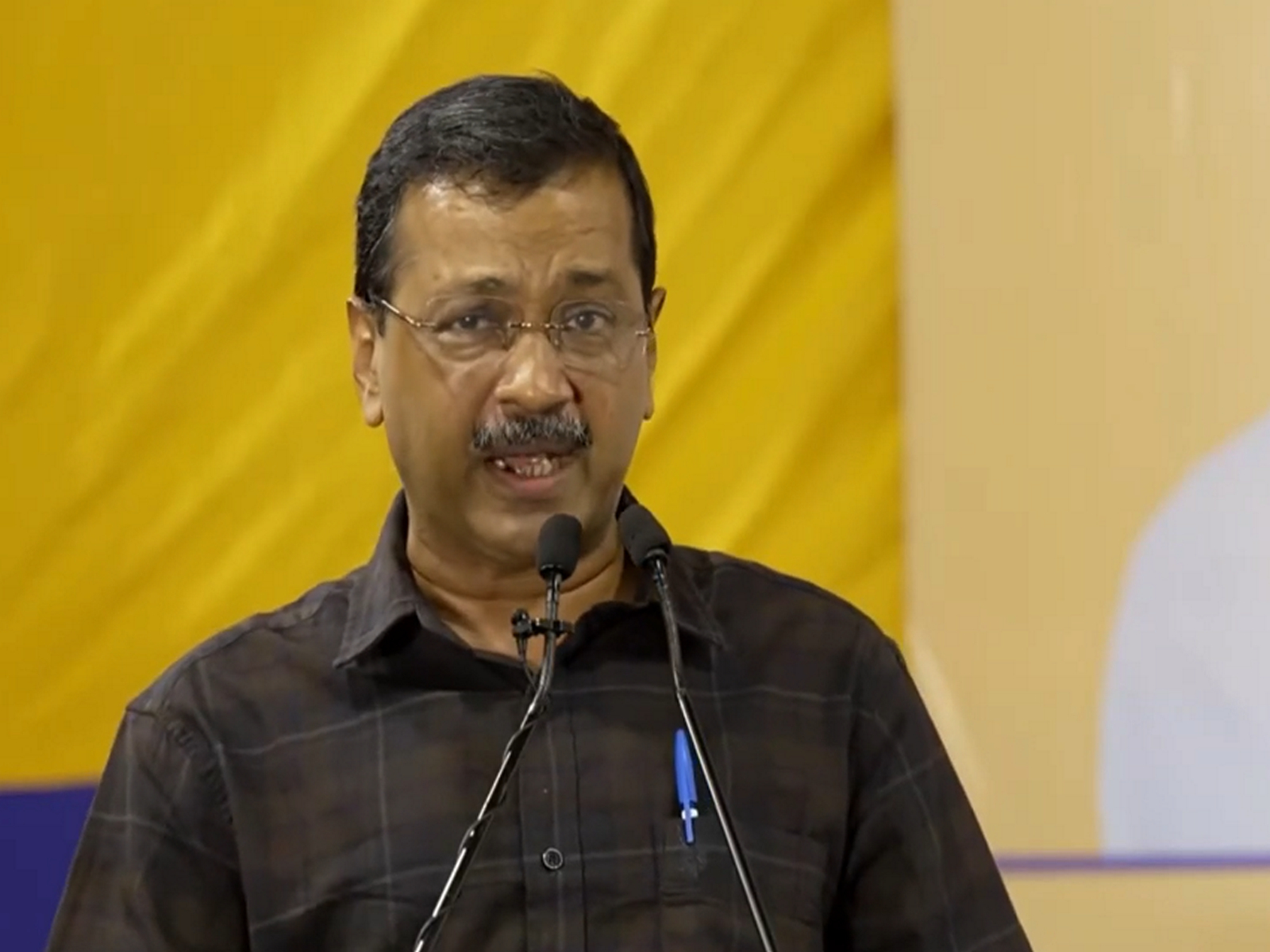EU adopts 'Sinatra Doctrine' to counter China's growing influence in Europe
Mar 18, 2021

Brussels [Belgium], March 18 : As China's increasing aggressiveness to undermine European unity through a 'divide and rule' policy continues, the Central and Eastern Europe (CEE) member countries have responded by accepting their own way to deal with the increasing threat of Beijing's influence, known as the 'Sinatra Doctrine'.
The doctrine would be based on two pillars: continuing cooperation with China in regards to address global challenges such as climate change, combating COVID-19 and regional conflicts, while also strengthening the European Union's (EU) strategic sovereignty by protecting technological sectors of its economy, according to EU Reporter.
This 'Sinatra Doctrine' is being seen by scholars as a threat and a blowback to China's growing influence in the CEE.
Democracy News Live writes for EU Reporter that China's ambition to undermine European unity was fuelled by levaraging the regional platform to extract political favours in exchange for economic benefits. However, China's credit-based offer in a neo-colonial fashion has proven ill-suited for the CEE members of the EU.
Moreover, Chinese investments in the 12 EU member states participating in the 17+1 initiative between 2010 to 2019 has been approximately 8.6 billion euros, whereas China's investment over the same period in Finland has been 12 billion euros or in the Netherlands has been 10.2 billion euros, which remained a major turn-off for these member countries.
This mismatch between Beijing's economic promises and ultimate outcome has been a major reason for the discontent that the CEE member countries share with China, writes
The COVID-19 pandemic has highlighted some of the weaknesses in the relationship between Europeans and the communist nation, as highlighted by European Union foreign policy chief Josep Borrell in the 'Sinatra Doctrine', which calls for building a united front and EU's response against a more assertive, expansionist and authoritarian China.
China's assertiveness is seen in its attempt to claim what China considers its rightful place in international politics. The "China Dream" proposed by President Xi Jinping is seeking to fill the power vacuum left by the recent US withdrawal from the international sphere, says EU Reporter.
According to Borrell, China's aim is to transform the international order into a selective multilateral system with Chinese characteristics, in which economic and social rights would take precedence over political and civil rights. He calls the new Chinese foreign policy as the "wolf warrior diplomacy".
Under this approach, China is unambiguously and unconditionally safeguarding its own interests, most notably by imposing tariffs on Australian exports and displaying its nuclear arsenal.
"In recent years, we have witnessed with concern a rise in human rights abuses in China, increased repression of human rights defenders, journalists and intellectuals, and the violation of basic rights of the Uyghurs in Xinjiang," said Borrell, while also pointing out the deterioration of the situation in Hong Kong.
The foreign policy chief also expressed EU's serious concern over the adoption of the draconian national security law in Hong Kong, which is contrary to the principle of "one country, two systems" and China's commitment to the international community.
China has drawn global ire for passing the new security law in Hong Kong and its repression of ethnic minorities by detaining over two million Uyghurs in internment camps in Xinjiang.


















